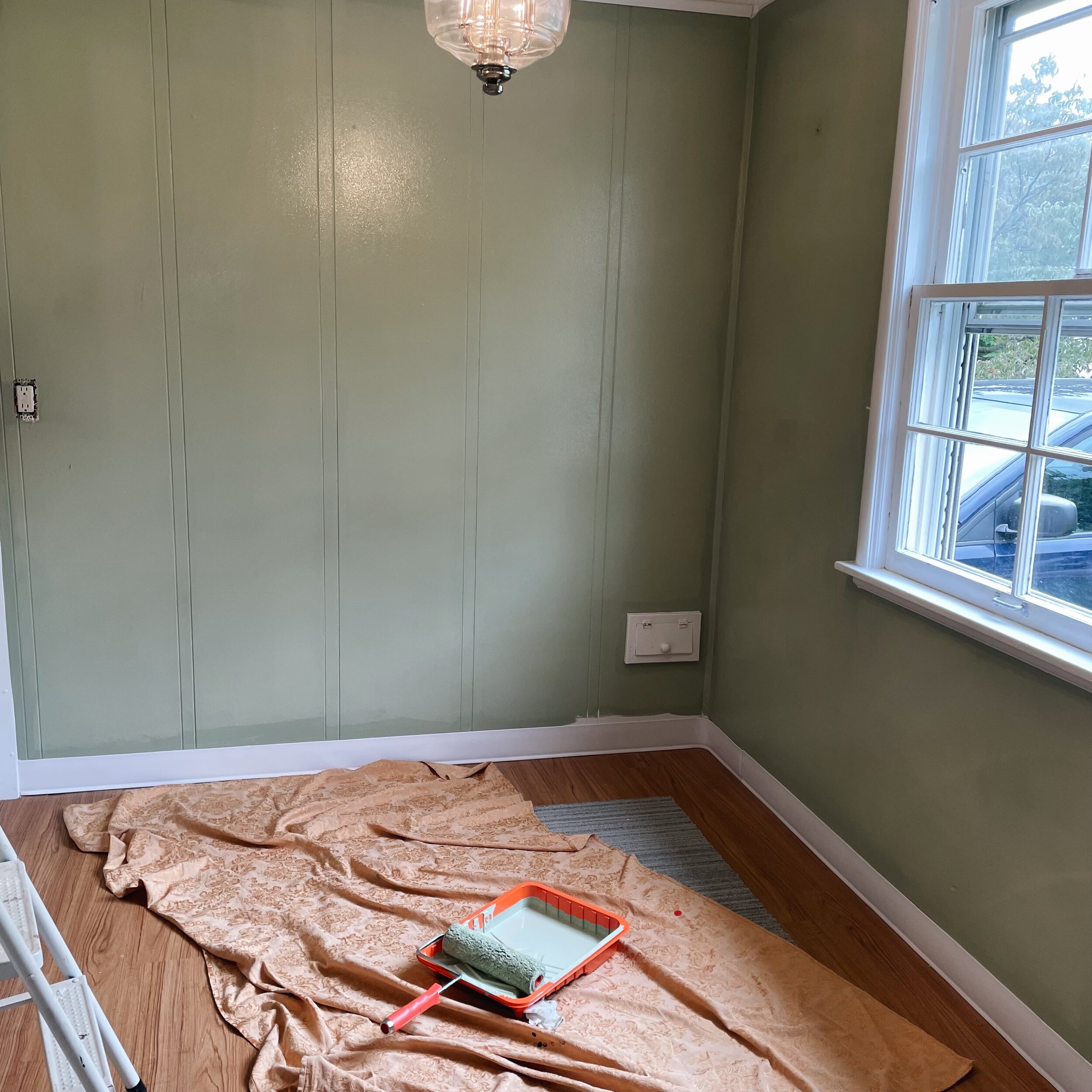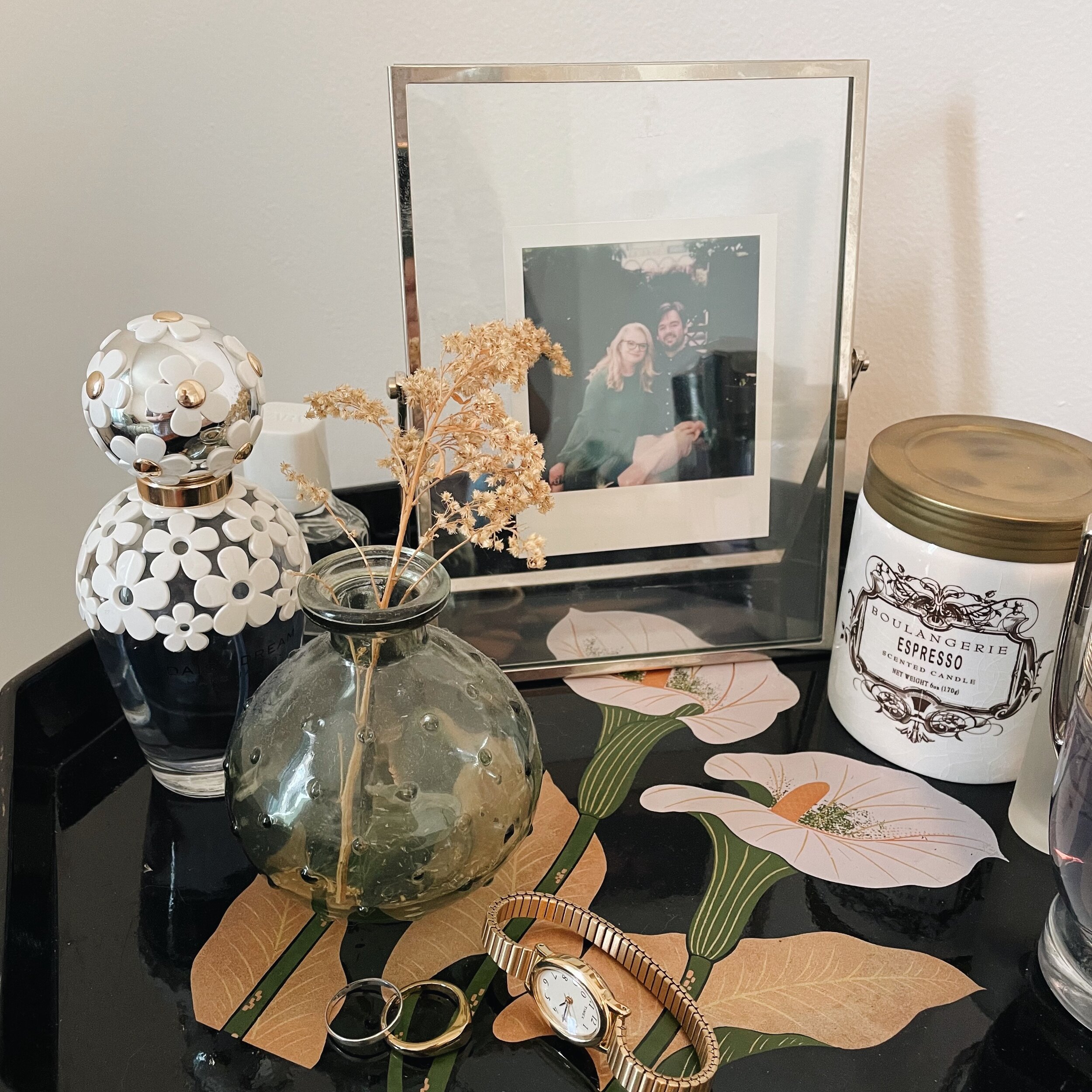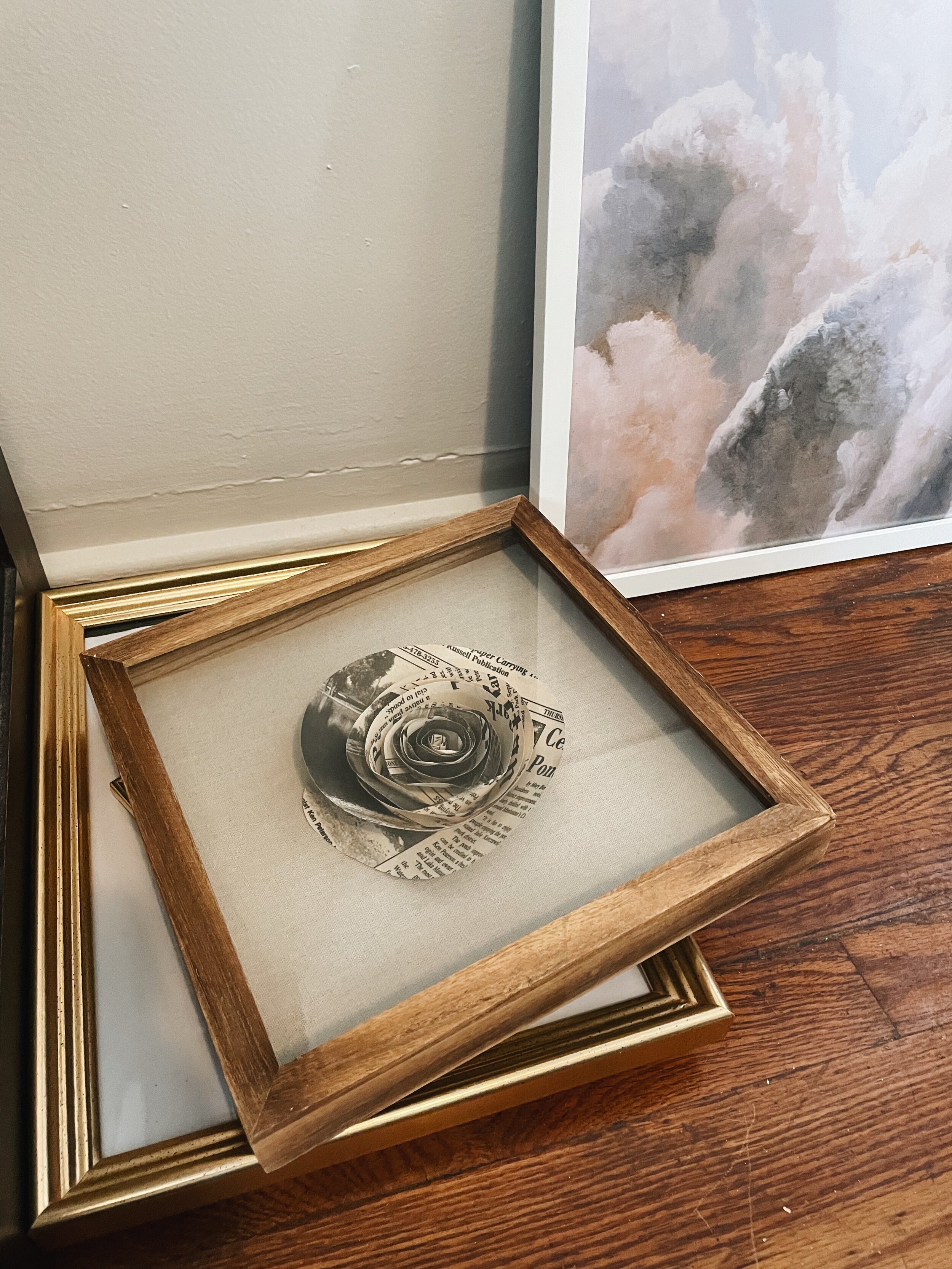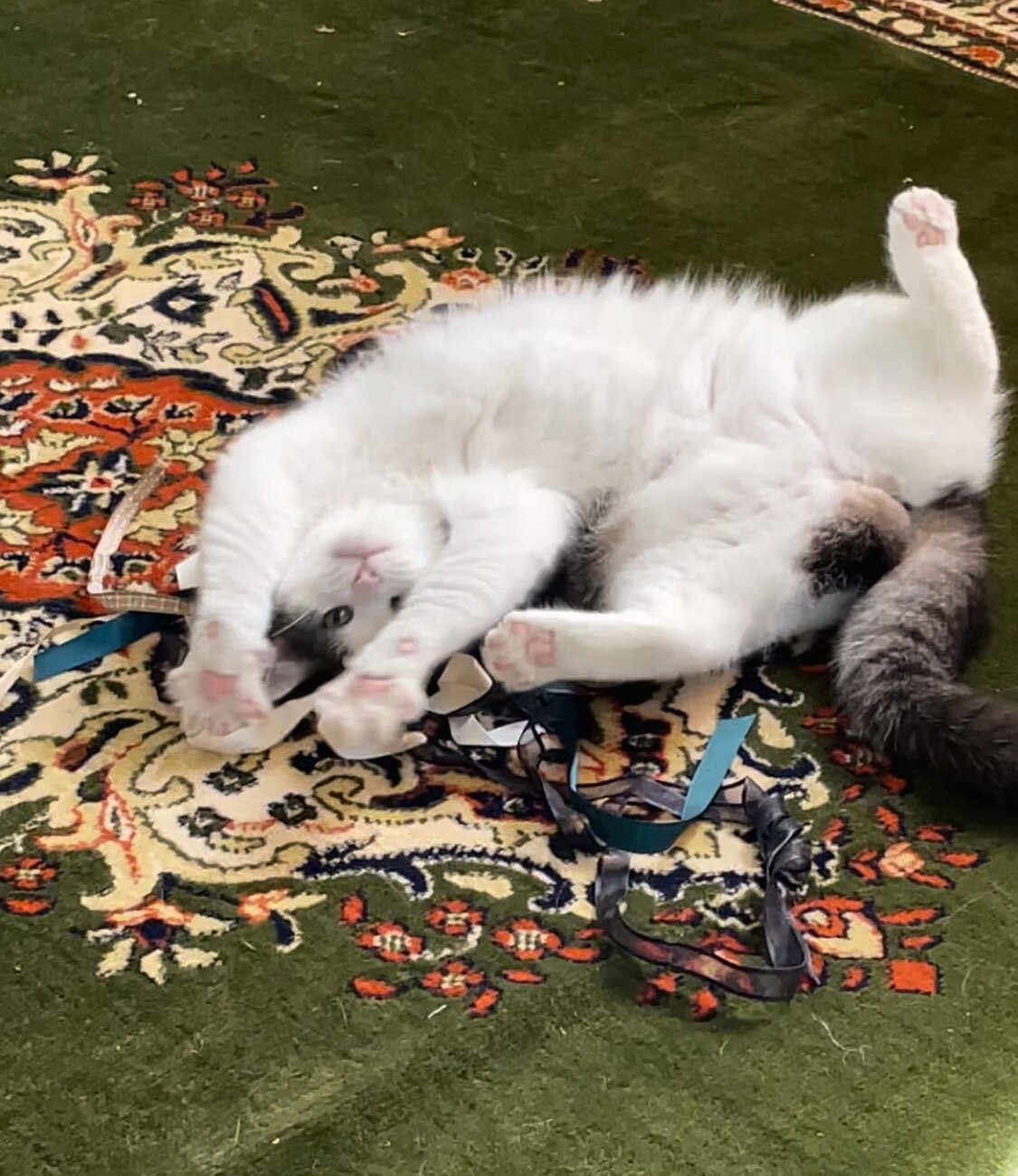rugs and cabinets and frames oh my
Towards the end of August, I found myself looking at a house with J and his family’s realtor. This marked our third time looking at a house in the span of a year— after spending all of Summer 2020 watching Love It or List It on HGTV. With the occasional Zillow search and my moving into a one-bedroom apartment, we’d all but given up on moving in together, citing a difficult market. Our lazy days of watching Hilary Farr and David Visentin engage in a battle of wits in a black SUV were a thing of the past. Or so we thought.
After looking at this story-and-a-half Cape Cod, we spoke in hushed tones in the driveway, and ultimately decided to put an offer in. In the car, I couldn’t help but think back to the scene in Sex and the City: The Movie, where Carrie & Co. go to the auction of an actress whose wealthy boyfriend kicked her out of their home—in retaliation (and to get herself back to financial stability), she was selling every piece of jewelry he ever bought her. In the bathroom at the auction, a friend of the actress said to Carrie in a chilling, melancholy tone — “She was a smart girl. Until she fell in love.”
In a panic, I burst into tears when we were back in the car—we weren’t married. We weren’t frivolous Manhattanites either, living in the plush, whitewashed world of Micheal Patrick King. 2021 has proven to be a year of me asserting my agency— landing a salaried, corporate job with nothing but my resume and moving into my own place, after years of working multiple jobs at a time. Moving in with my boyfriend was something I had wanted for a long time, but I entered fight-or-flight mode as soon as becoming homeowners entered the realm of possibility.
Last weekend, I binge-watched the Netflix show MAID, starring Margaret Qualley (which is inspired by the memoir of the same name by Stephanie Land). While it cautiously navigated domestic violence, codependency, mental illness, poverty, and a system that works against poor people rather than for them—it did not stray from making the viewer uncomfortable. I was anxious throughout each hour-long episode. I had never watched something that displayed class struggles in such a way—the financially stable vs. struggling to get by crowd, and the ache that comes with it. I don’t want to insert myself into a narrative that has nothing to do with me, but watching a young woman come to terms with the fact that it’s up to her to break the link of generational trauma, and that it’s a hard, uphill battle—resonated with me. Seeing someone deal with the constant internal battle of not wanting to be dependent on anyone and finally swallowing their pride, and asking for help, and accepting that help was painfully honest. The way Alex (Qualley) looks at houses with such wonder and admiration was how I used to be in high school and college—I never knew if I would be able to make it to the other side and break the cycle of uprooting myself at the end of a lease and wondering what I would do next, where I would live next—not really being able to say “I want to go home,” because nothing ever stuck long enough to feel that way. Even though I have had similar experiences to Alex I can still acknowledge that I am coming from a position of privilege watching this series—despite my experiences, I still received help when I mustered up the courage to ask for it, I still graduated college on time, and made things work based on where I was in my life.
—
Cottage Hill —the name rolled off my tongue effortlessly at the paint counter at Home Depot. We (my boyfriend’s mom and I) decided to paint the kitchen sage green. In the weeks leading up to the move, I had gotten rid of half of my furniture and made two donation trips to Savers, sold clothes on my Instagram stories and at consignment shops. It was all happening. It still is happening— the to-do list on our fridge, and the sigh that comes with clicking the “Add to Wishlist” button on Amazon every time we realize we still need something—a rug, a picture frame, a kitchen island cart. “Accent wall” and “mortgage” are now part of my every day vocabulary. But in the midst of it all, we ended up with a home. . I have a home. The more I say it out loud, the more real it becomes.
One of my close friends from high school got married earlier this year. She came over to see the house last weekend, and we got coffee at a place we frequented during high school and college. Sitting outside on the bench, I said “How did we get here? Things were scary for a little bit.” She laughed, and said in agreement “By a little bit, you mean a couple of years.” Gone were the excruciating hangovers accompanied by Dunkin’ drive-thru runs, overdrawn bank accounts, messy hook-ups, and the seemingly never-ending cycle of transporting our belongings to new places. The thrill seekers of our early twenties have been replaced by stability seekers. We had done what we, and so many others wanted us to do—grown up. Despite this realization, and despite all of the big life changes that have occurred this year, I still sometimes feel like I’m three children stacked in a trench coat rather than a functioning 24-year-old. All of this feels unfamiliar because stability is so difficult for people in my generation to achieve. Being on the other side of an otherwise unstable years-long period of my life is a culture shock for me.
—
I’ve read on several social media websites that you go through a “second puberty” in your twenties. Maybe not so much a second puberty, but a cultural shift. Does the clock start ticking when you get older than 23? I feel like shit when I eat carbs, I can’t take tequila shots without flinching unless you catch me on a good night. I ordered a glass of Pinot Grigio and a salad at dinner the other night— I am one French manicure away from being someone’s Cool Aunt. But I’m begrudgingly welcoming these things, while still remembering the times I felt really low and doubted whether or not I would ever be in a healthy relationship, or in a healthy living situation. There’s no time to take anything for granted.



